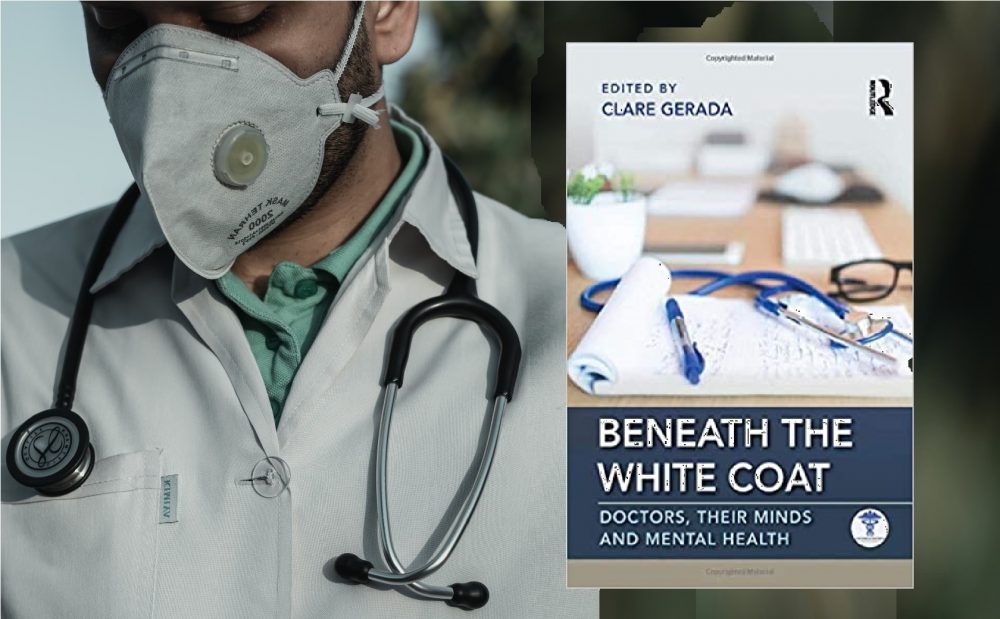 John Spicer is a GP in Croydon, South London and a Senior Lecturer in Medical Law and Ethics at St George’s University of London. He is Provost of the RCGP South London Faculty, and a keen if mediocre guitarist, cyclist and skier.
John Spicer is a GP in Croydon, South London and a Senior Lecturer in Medical Law and Ethics at St George’s University of London. He is Provost of the RCGP South London Faculty, and a keen if mediocre guitarist, cyclist and skier.
You will certainly get something out of this new book by our erstwhile Chair of Council, Clare Gerada and her colleagues, and it may be something distinctly uncomfortable – as it should be. This book has been thrown down from the front line of the care of doctors, of which the authors have considerable experience, and is an account of the problems that we are heir to, given our professional roles. I should offer a [relative] apology for my use of the first person plural here, but it is deliberate nonetheless.
The most powerful elements in the text are the stories that we are offered of doctors in various states of distress: of Jane who died by suicide after a complaint, Mohammed who struggled to adapt to the UK, or Jo who fell into depression after the death of a child patient, and many others. We all hold these clinical risks every day of practice, and it is to the authors’ credit that such stories are sympathetically told, and, mostly, recovery is outlined.
Shame…. an emotion far too commonly evoked in our day-to-day training and clinical practice.
There are four broad sections within the book. First are eight chapters on what makes us doctors, and what makes us tick, thus setting the scene for the next part, where our psychological illnesses are described in raw detail. Of these early parts, Sandy Miles’ chapter on Shame is outstanding, examining an emotion far too commonly evoked in our day-to-day training and clinical practice.
The book then moves to cover the notion of doctors as patients, as of course we all are too, and the mood lifts as we learn the kinds of interventions that might be used in dealing with such patients. Finally, there is a brisk section on regulatory processes and how they impact on sick or misbehaving doctors.
The overall style is hard to pin down: being alternately researched, academic, descriptive, declarative and historical. There are a wealth of relevant references by chapter that the keen reader can follow up for more content. Gerada herself peppers her own chapters with reminiscences from her training and clinical experience, an unusual style in this sort of volume which nonetheless lends an authenticity to her account. The sense of an ability to care for our colleagues shines through from all the authors, and much weight is given to the organisation the authors work for which does just that.
We should all … understand the perils of our profession
We should all read this book to understand the perils of our profession and the ways those risks can be avoided or remedied. It is long overdue that doctors have acknowledged such things publicly, and Gerada and her colleagues are to be congratulated on bringing the text together.
Though not many of us wear the white coat any more it remains as powerful a symbol of our profession as the stethoscope or the Rod of Asclepius, and therefore is an apposite title for a book that examines what goes on beneath it.
Featured book:
Beneath the white coat – Doctors, their minds and mental health. Ed: Clare Gerada. Routledge; 2020. ISBN-13 : 978-1138499737
Featured photo by Ashkan Forouzani on Unsplash






